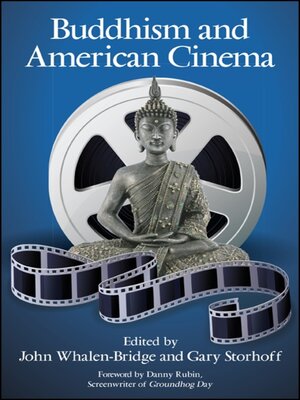Buddhism and American Cinema
ebook ∣ SUNY series in Buddhism and American Culture
By John Whalen-Bridge

Sign up to save your library
With an OverDrive account, you can save your favorite libraries for at-a-glance information about availability. Find out more about OverDrive accounts.
Find this title in Libby, the library reading app by OverDrive.



Search for a digital library with this title
Title found at these libraries:
| Library Name | Distance |
|---|---|
| Loading... |
Discusses both depictions of Buddhism in film and Buddhist takes on a variety of films.
In 1989, the same year the Dalai Lama was awarded the Nobel Peace Prize, a decade-long boom of films dedicated to Buddhist people, history, and culture began. Offering the first scholarly treatment of Buddhism and cinema, the editors advise that there are two kinds of Buddhist film: those that are about Buddhists and those that are not. Focusing on contemporary American offerings, the contributors extend a two-pronged approach, discussing how Buddhism has been captured by directors and presenting Buddhist-oriented critiques of the worlds represented in films that would seem to have no connection with Buddhism. Films discussed range from those set in Tibet, such as Kundun and Lost Horizon, to those set well outside of any Buddhist milieu, such as Groundhog Day and The Matrix. The contributors explain the Buddhist theoretical concepts that emerge in these works, including karma, the bardo, and reincarnation, and consider them in relation to interpretive strategies that include feminism, postcolonialism, and contemplative psychological approaches.







